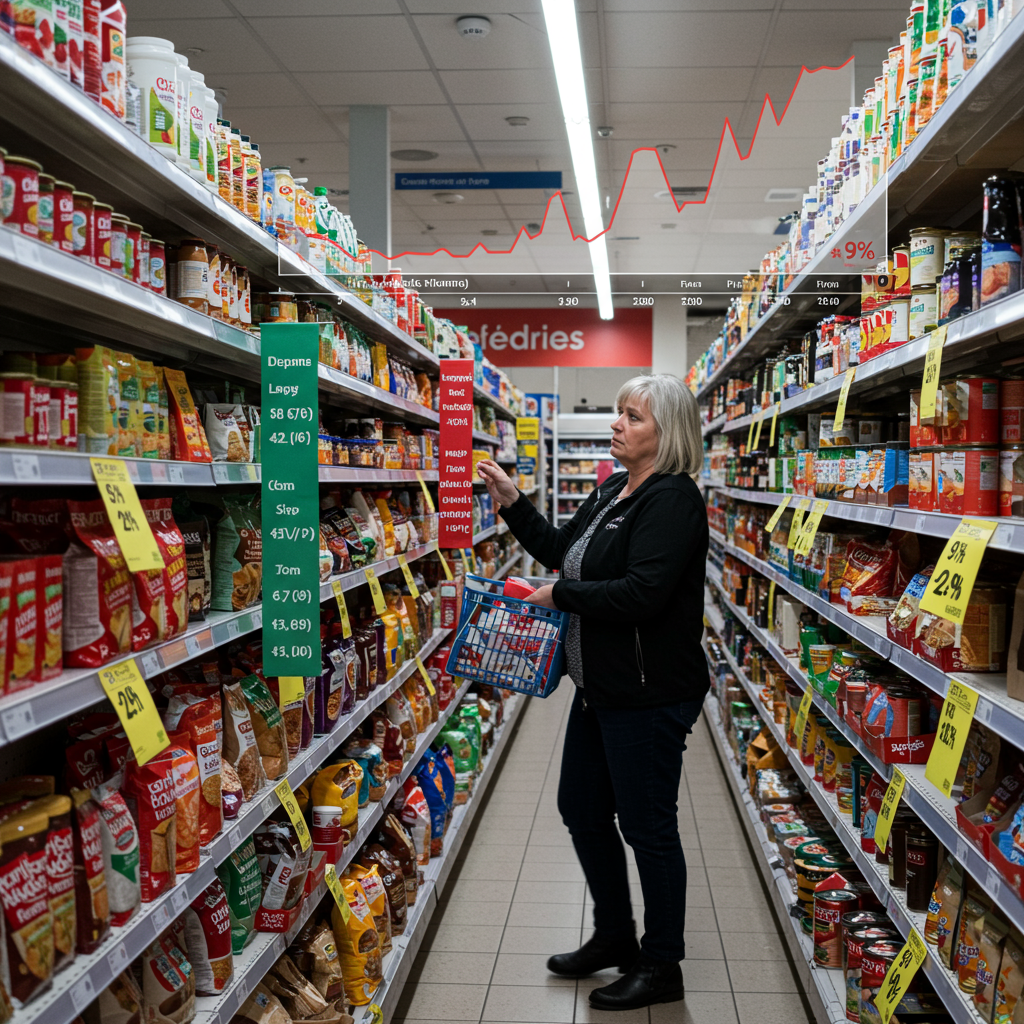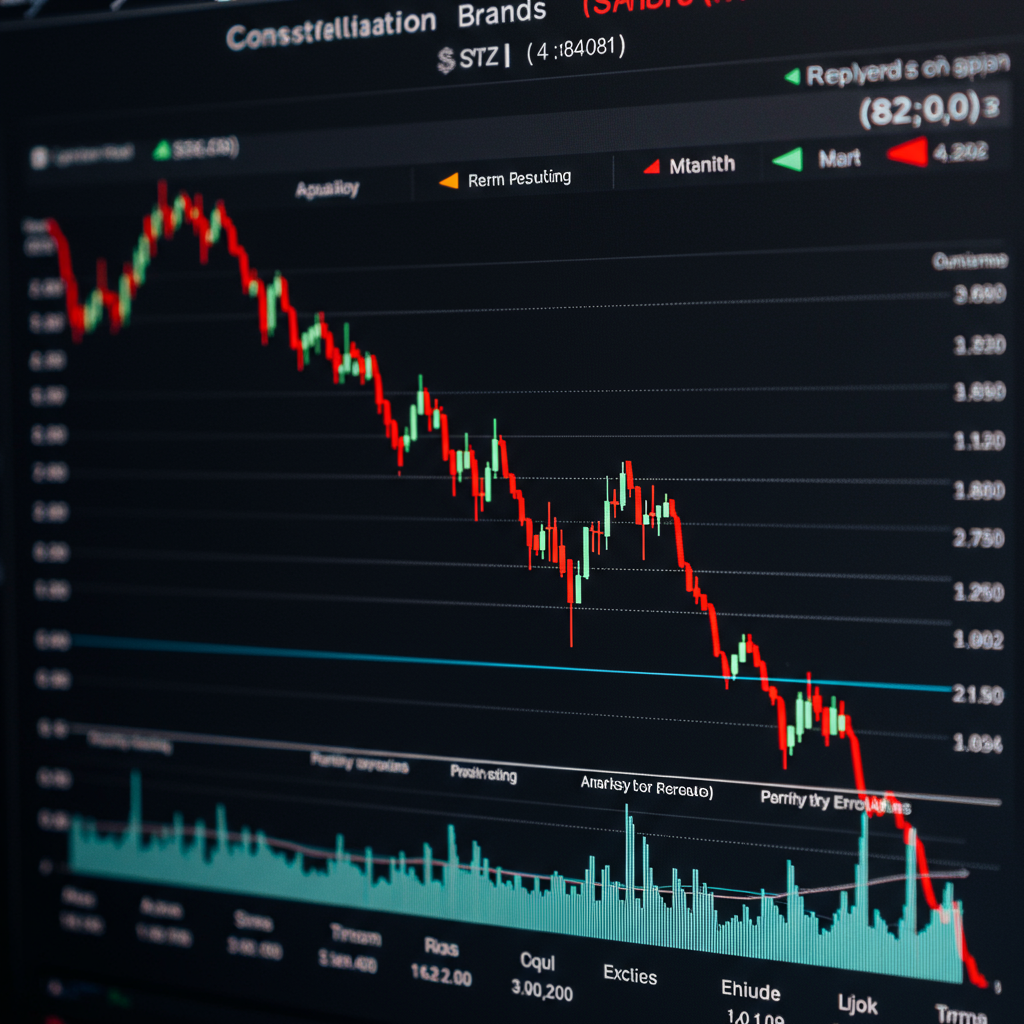UK food prices experienced a significant increase in May, climbing at the fastest rate seen since February 2024, according to recent official figures. This acceleration in food inflation highlights ongoing pressures on household budgets across the country.
The latest data indicates that grocers may be passing on increased costs to consumers. One potential factor cited is the impact of policy changes, sometimes referred to as a “tax raid,” attributed to Labour’s Shadow Chancellor, Rachel Reeves, leading to speculation about its effects on business expenses within the grocery sector.
This surge in UK food inflation comes amidst a backdrop of growing global economic uncertainty and market volatility. International developments, such as recent widespread tariff increases announced by the US, have triggered turmoil in global stock markets, resulting in substantial value losses and heightening fears of a potential recession.
While the direct link between specific global trade policies and UK retail food prices is complex, broader economic headwinds can certainly influence costs through various channels. Disruptions to international supply chains caused by trade tensions or increased shipping expenses, for example, can translate into higher import costs for food producers and retailers. Furthermore, fluctuations in currency exchange rates, such as the recent dip in the British Pound against the dollar, can make imported food items more expensive.
Central banks, including the Bank of England, are navigating this challenging economic landscape. The increased global economic uncertainty and recession risks discussed by analysts have led to shifting expectations regarding monetary policy, with traders now factoring in a higher likelihood of interest rate cuts by the Bank of England later in the year to support the economy. However, persistent inflationary pressures, such as the latest rise in food prices, remain a key consideration for policymakers.
The uptick in food inflation underscores the financial strain on consumers and remains a critical component of the overall cost of living picture in the UK. Understanding the interplay between domestic policies, global economic conditions, and supply chain dynamics is crucial to grasping the factors driving prices at the checkout.



